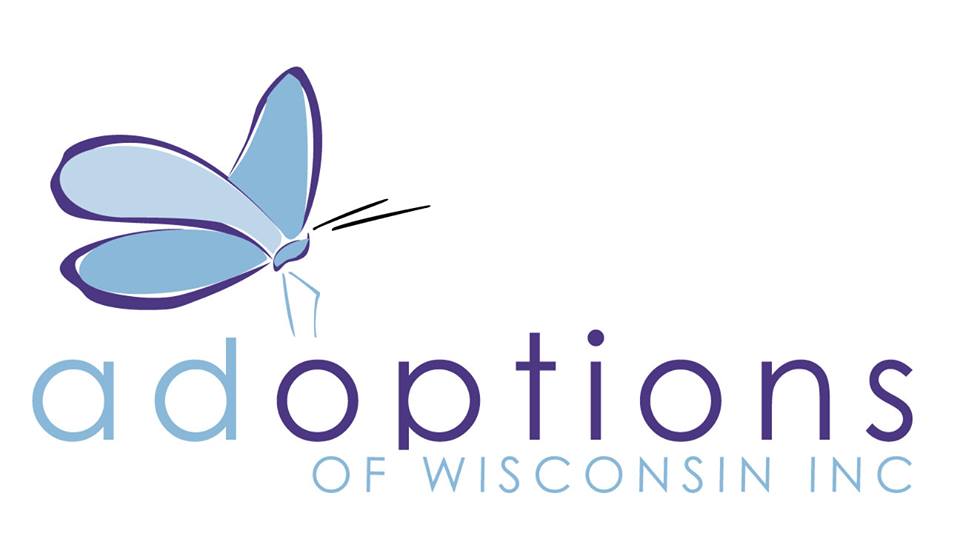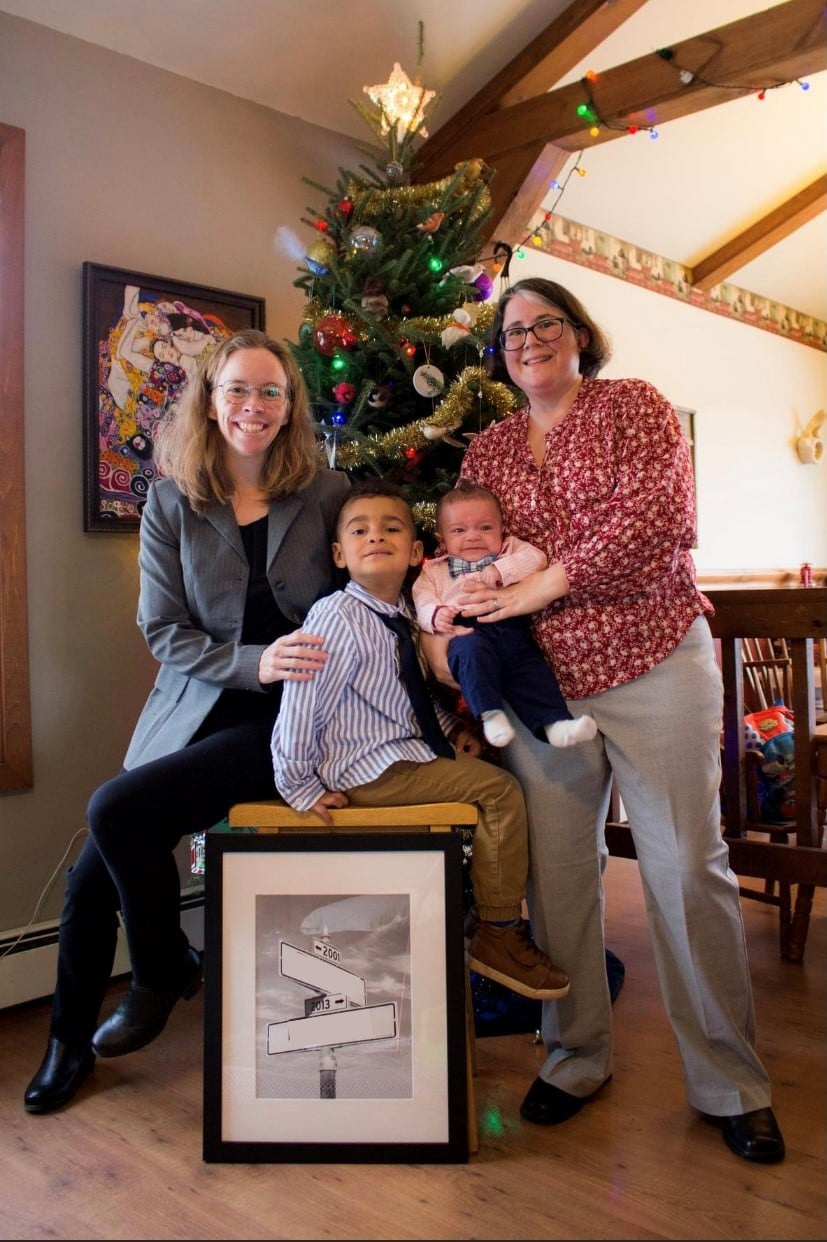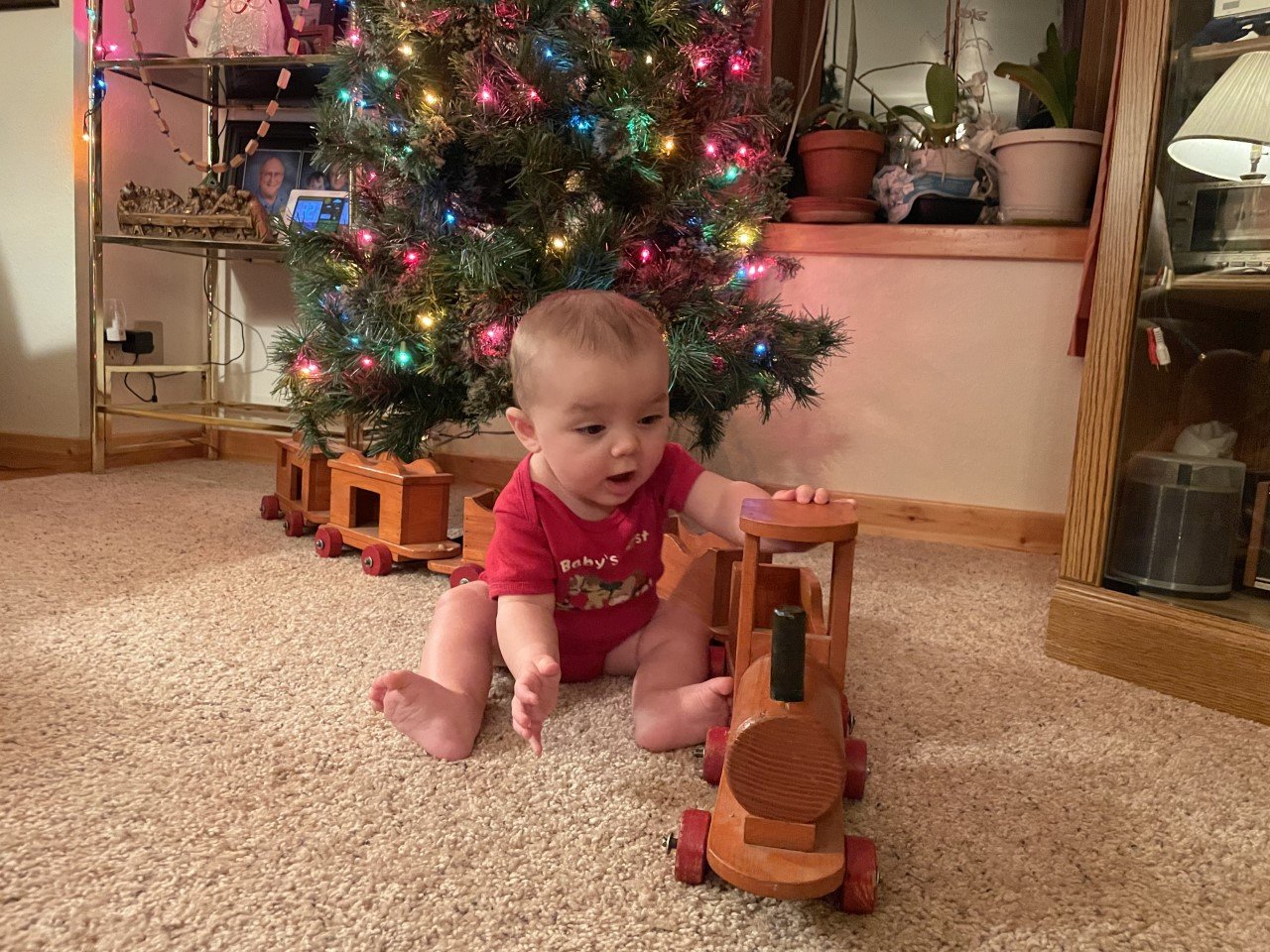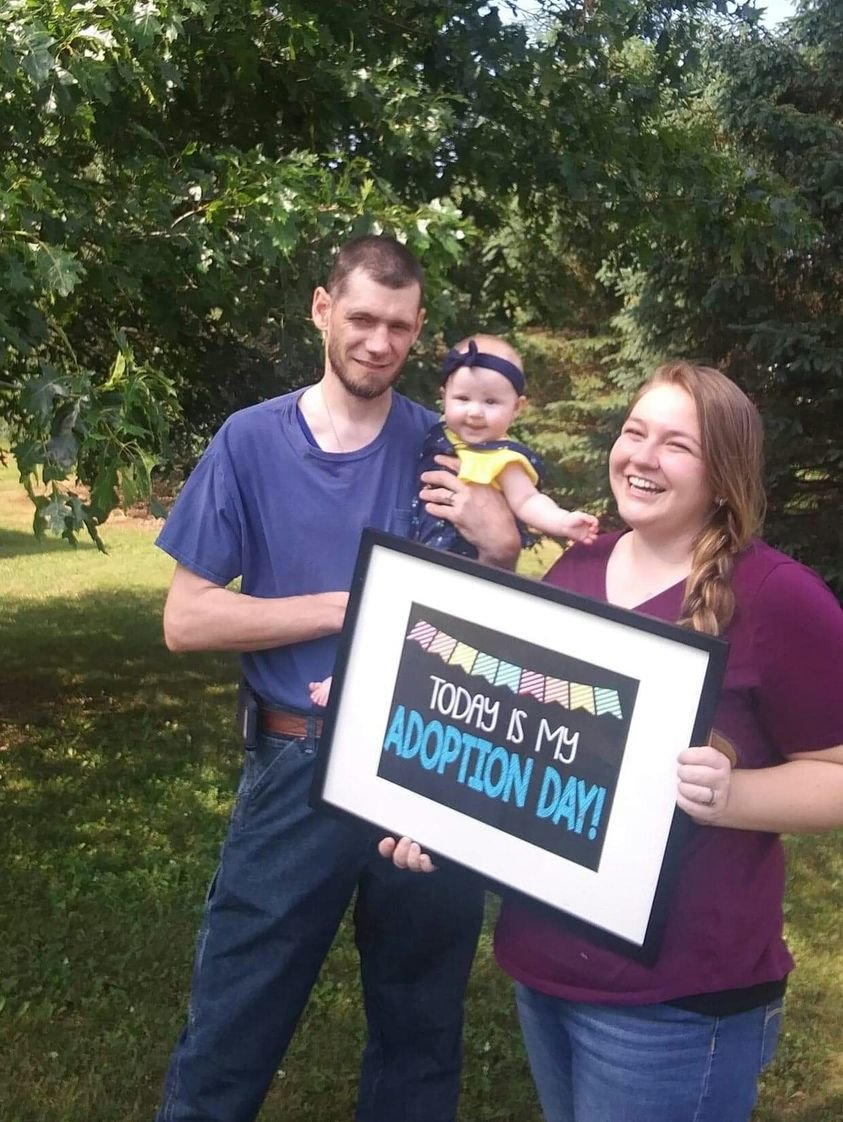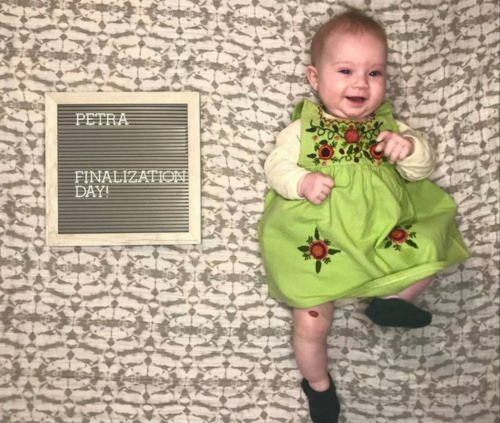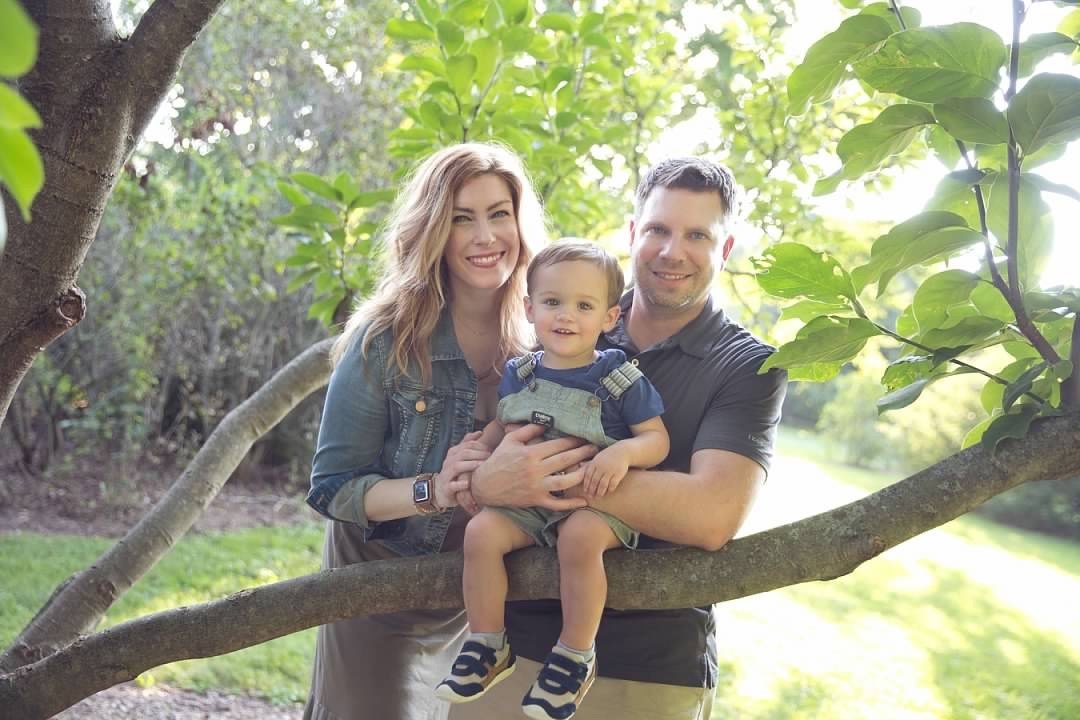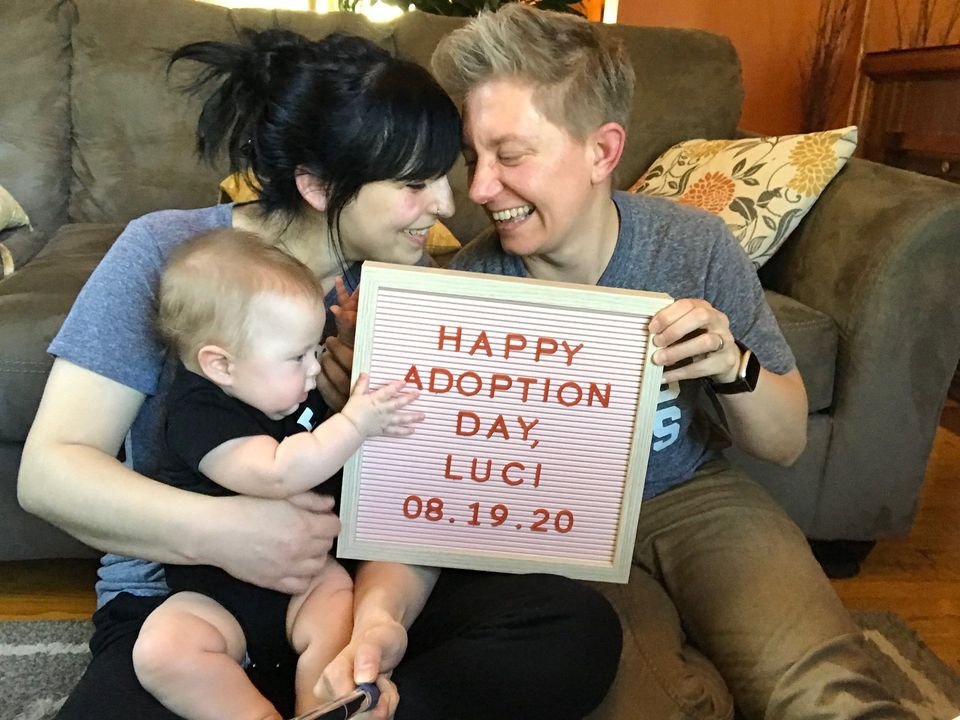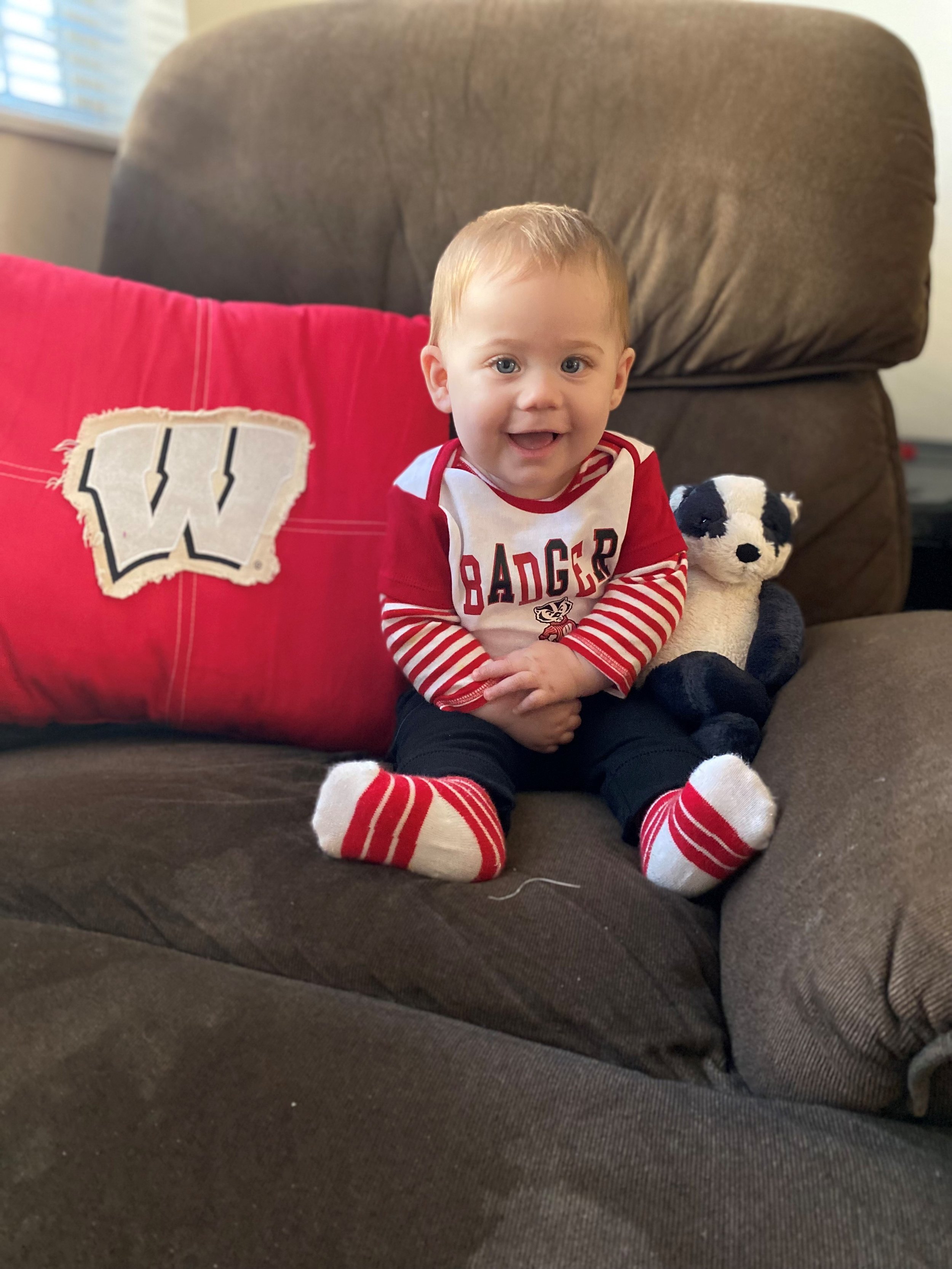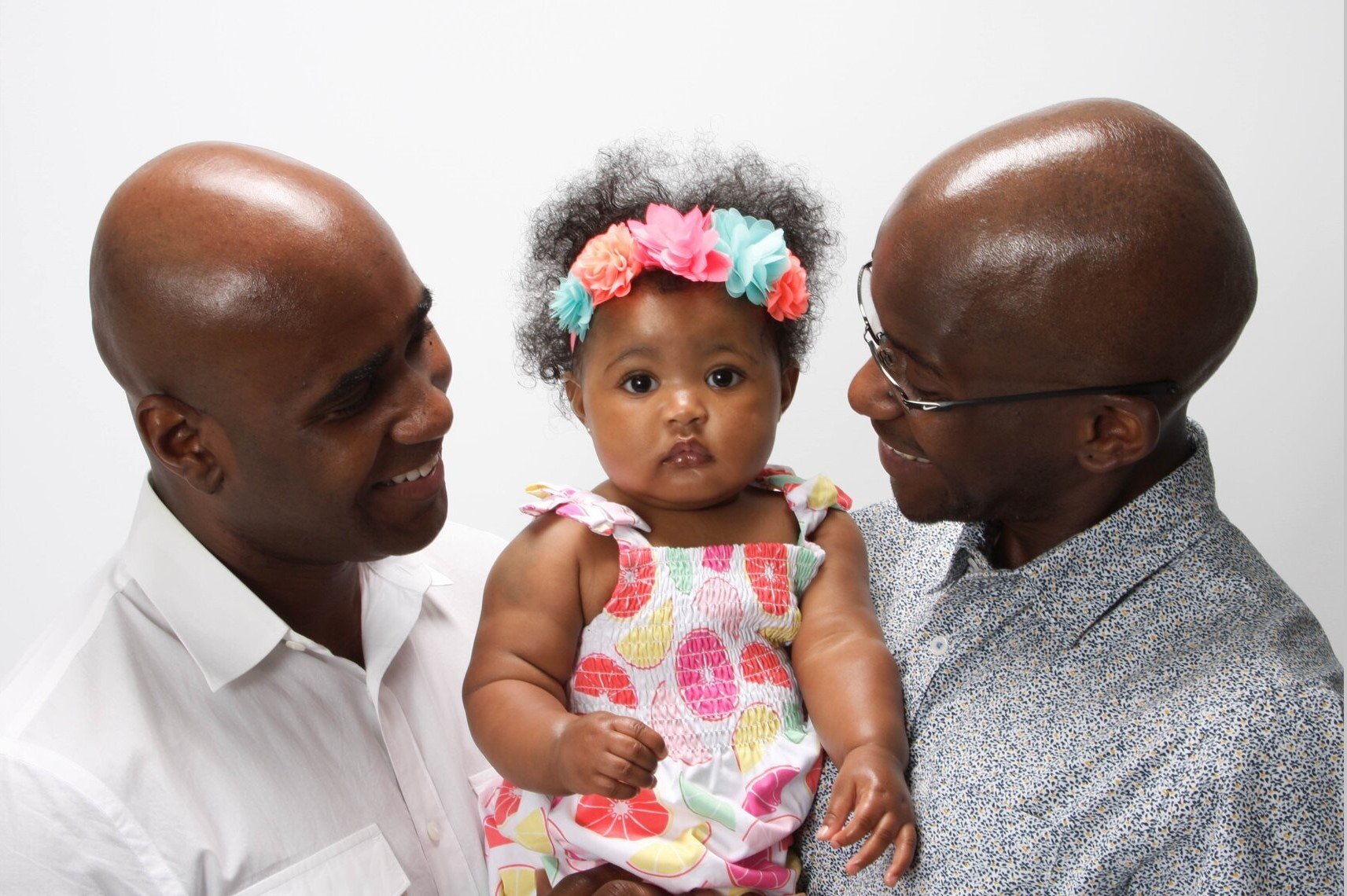Adoption Agencies and Facilitators in Wisconsin
/Under Wisconsin law, it is illegal (Class H Felony) for someone to be paid to solicit, negotiate or arrange the placement of a child for adoption, unless they are a Wisconsin-licensed child welfare agency (or the Wisconsin Department of Children and Families, or comparable county department). Wis. Stat. § 948.24.
Adoptions of Wisconsin, Inc., is a Wisconsin-licensed child welfare agency. However, many entities that advertise online – often from other states – are not licensed by the State of Wisconsin. These are often referred to as “facilitators.” That means that the adoptions they arrange may not be compliant with Wisconsin law. In most such cases, you will still need to retain a Wisconsin-licensed agency and attorney to perform the work required to be done in connection with the adoption.
As co-chair of the Academy of Adoption and Assisted Reproduction Attorneys committee on facilitators, Attorney Lynn Bodi, owner of Adoptions of Wisconsin, prepared these FAQs regarding facilitators for the Academy.
Adoption is a beautiful way to grow your family. One of your most important decisions when beginning the adoption process is selecting the resources you will use to locate a child who is available for adoption or to connect with birth parents who will place their baby with you. The Internet is overflowing with banners of entities promising you a quick and easy road to parenthood through adoption. The Academy of Adoption and Assisted Reproduction Attorneys (AAAA) recommends that families retain an experienced adoption attorney in your state to help you evaluate the resources to ensure that you experience the process with legal, financial, and emotional security.
FREQUENTLY ASKED QUESTIONS
What is the difference between an adoption agency and a facilitator?
Resources for connecting or matching adoptive parents and birth parents come in all shapes and sizes. Some are state-licensed adoption agencies that provide a broad range of adoption-related services, such as matching, homestudies, counseling, placement, and post-placement supervision and reporting. These agencies must maintain certain minimum standards of expertise and training set by their state of licensure to qualify to obtain and maintain a license, as well as, maintain insurance and professional standards.
Another type of matching resource is a “facilitator,” which is a person or organization whose role is solely to make introductions between birth parents and adoptive parents in exchange for a large, non-refundable fee paid in advance. Yet, facilitators are not held to any minimum threshold of expertise, professional training, or ethical standards. Often the facilitator staff members are customer service representatives who field calls and match families from different states with little knowledge of the intricacies of each state’s legal requirements. Facilitators are illegal in some states and, in the few where they are licensed; the license is one merely to do business with no professional standards or training to maintain. Some facilitators use the word “agency” in their business name to appear to be a licensed adoption agency, but use of the words “agency” or “license” in no way ensures that you are working with trained professionals who have the skill to coordinate safe adoption plans.
Why do adoptions arranged by facilitators frequently fall apart?
Adoptions arranged by facilitators, can and often do, fail for many different reasons. Some families who reside in states where payment to facilitators is illegal unwittingly engage and pay facilitators to match them with birth parents. Yet, prospective adoptive families often hire facilitators before consulting a knowledgeable adoption attorney who can help them avoid illegal payments that will impact the entire process and even the ability to finalize the adoption without running into legal challenges. These prospective parents are left distressed and financially drained when they learn that an adoption with the birth family cannot be finalized due to such an illegal payment. An adoption may be legally unfeasible due to the legal requirements of the birth parents’ or prospective adoptive parents’ states of residence, Academy attorneys are frequently called upon by prospective adoptive parents or birth parents to salvage adoptions that are legally unfeasible because a facilitator or matching agency ignored critical state laws. These situations become financially prohibitive for the prospective adoptive parents and emotionally difficult for them and the birth parents, while the facilitator keeps its fee whether or not the match leads to an adoption.
Even in the states where facilitators are allowed to work, many of the matches they arrange do not result in adoption. Facilitators do not have the training, skill, or experience to ensure a safe and legal outcome. Many birth parents are left unprepared to part with their babies as they have not had access to counseling until too late in their pregnancies. Prospective adoptive parents require assistance from experienced adoption attorneys or licensed adoption agencies to have the match result in adoption.
What adoption resources will help us keep our adoption safe and legal?
Locating a child is just one piece of a larger puzzle that is often complex and emotional, partially because the laws concerning adoption differ dramatically from state to state. Completing an adoption demands that the attorneys you retain have knowledge of the laws of your state, the state of the adoptive child’s biological parents, the Interstate Compact on the Placement of Children, and various federal laws. Both adoptive parents and birth parents should have attorneys licensed in their respective states of residence to ensure their initial connection conforms to each state’s laws and all federal laws, and to review legal options. You and the birth parents deserve to be fully informed so that all parties make decisions that will protect the integrity of the adoption. For biological parents, face to face counseling with a licensed social worker or counselor experienced in the field is also recommended to ensure they consider the short and long-term implications of their decisions.
Your road to parenthood through adoption will be fully informed, safe, and legally secure by consulting an experienced adoption attorney in your state of residence before selecting or paying any facilitator, attorney, or agency for matching or assisting you to connect with birth parents.
If we don’t work with a facilitator, will we ever find a child?
There are unplanned pregnancies occurring in this country every day. Birth parents make adoption plans for their children every day. A licensed adoption agency or adoption attorney can help guide you through the process of finding and adopting your child. Licensed agencies can be found through your state licensing department.
